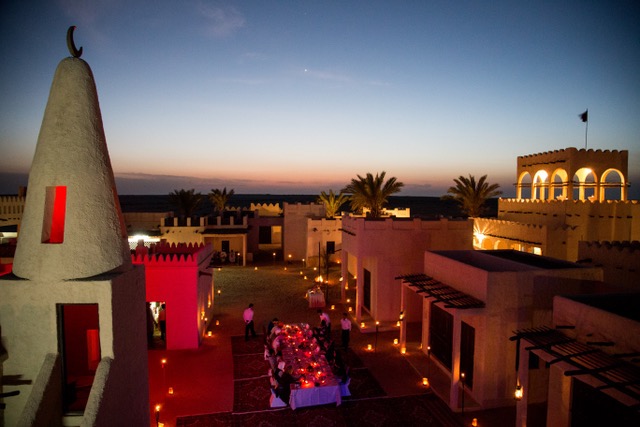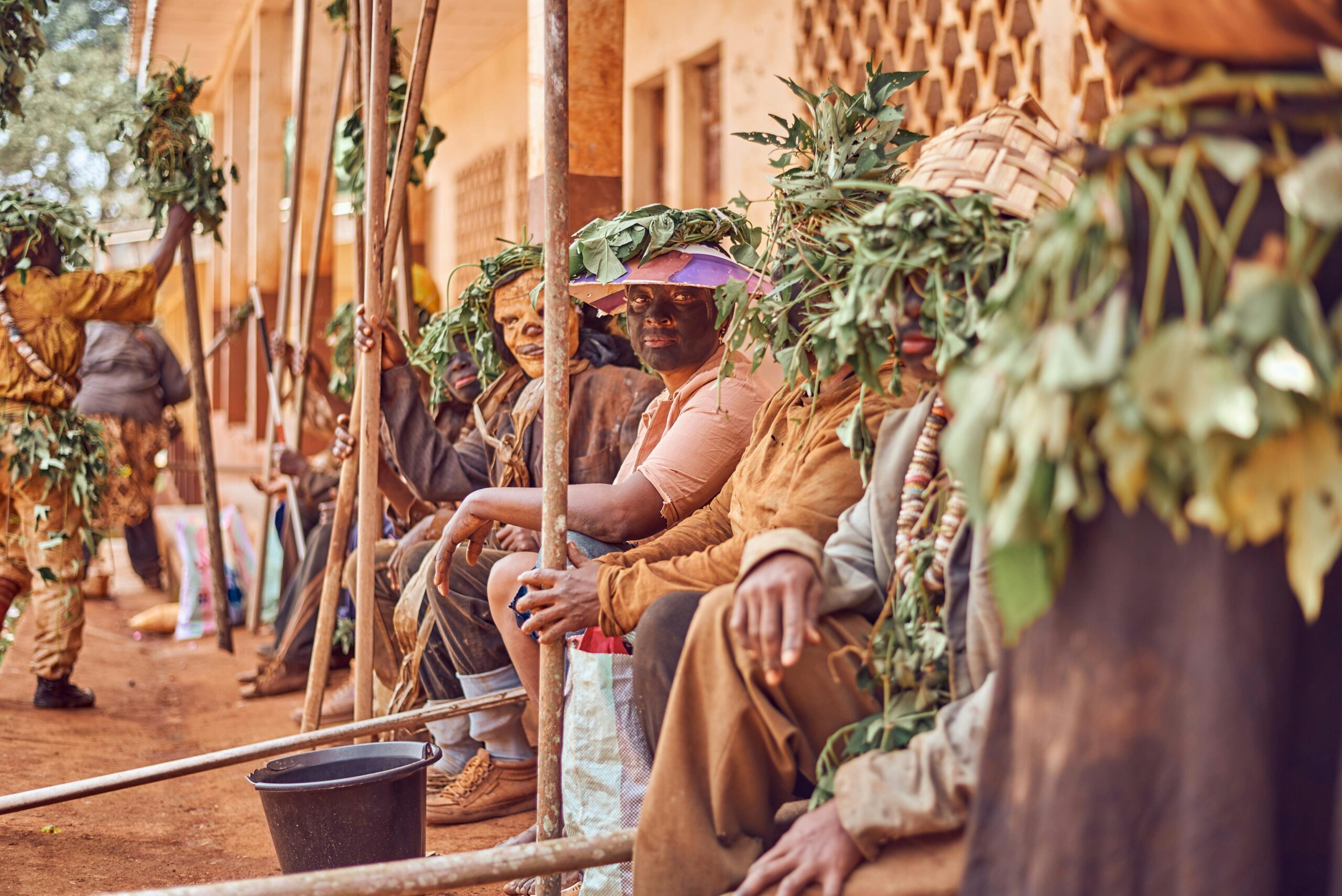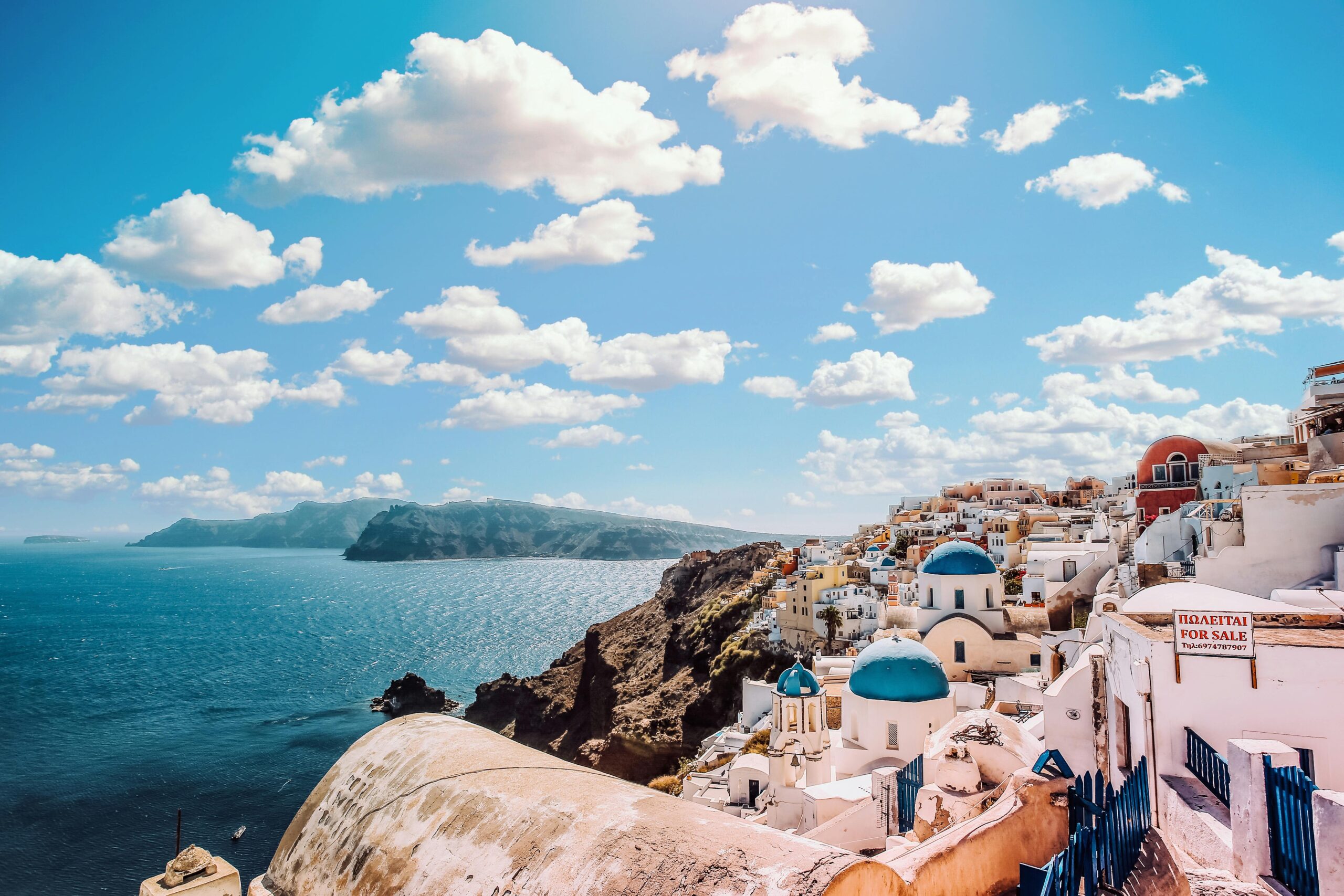Culture, Community & Social Assets
The social and cultural assets which are unique to each destination has been created over history based on the physical environment, natural heritage and habitats of any location.
Only by understanding the nature of the physical landscape and the social and culture context of the communities , can a truly sustainable range of products, services and attractions be developed within a destination.
We understand that context, and it is critical in Destination Development to ensure that the Tourism Sectors being developed are carefully selected.
By focusing on tourism products which are matched to the Heritage, Culture and Social context, sustainable economic value creation can take place.

Historic cultural assets and heritage sites should be afforded protection, not only for the destination and its people, but also as a reference point for the many future travellers that visit and re-visit over decades.
Through development of attractions such as museums, an artisan district , renovation of historic sites or collections of local art, each tells the story of local history and the people’s heritage, creating a rich destination that presents its place in the world.
We provide a structured and planned approach to protecting heritage and cultural sites, as we do for natural habitats and Protected Areas.

Heritage and Historic Sites
Historic assets and traditional cultural sites must protected and carefully managed with increases in tourism demand. This is not only key for the destination and its communities, but as a reference point for the many future travelers that visit and re-visit over decades, which avoids tourist and local community conflicts. ...
The development of museums, collections of local art, the artisan ‘district’, or renovation of historic sites tell the story of local history and the people’s heritage. The preservation of heritage buildings across periods of history are key, and a cornerstone in creating a rich destination that presents its place in the world.
We provide a structured and planned approach to protecting heritage and cultural sites as with natural habitats under Protected Area Management. Commercial hospitality or tourism services add great commercial value to these asset, and drive demand.Read more

Key Cultural and religious Sites
Cultural sites are central to the local communities, frequently visited and holding special significance to the them, and whom have strong emotional connections to these sites. Therefore, they are not just a part of history but a part of the community and their daily lives, and need special sensitivity when considering the growth of tourism.... In locations of cultural or religious significance particular care is taken beforehand to fully engage the local community, ascertaining the level of tolerance to ‘outsiders’ participating in, observing or visiting these sites. There are some successful models and guidance for the management of tourism around key cultural and religious sites.
We advocate a careful balance between Viability and Desirability, reached through
careful, well-structured engagement programs. Read more

Significant Cultural Events
Local cultural events and festivals have long been attractions for tourists, and some have even become so popular they drive thousands to attend annually.
We maintain that some local cultural and religious events should remain as such. Others, if desired by that community, can provide participation to tourists. Equally, an event may may be welcoming to tourists with a shared cultural background....
In each case the community is key to success, with clear limitations and controls exercised by authorities to ensure that these events are not over-exploited and disruptive to the local community participants.Read more

Engaging local communities
The importance of fully engaging with communities by tourism authorities, companies and developers cannot be emphasised enough, as future success hinges on this.
When local communities see their resources being diverted to tourist developments, but see little economic or social benefits from tourism, conflicts arise. ...Many developers see Community Engagement as a PR engagement channel, but in reality it is the point at which credibility and trust is established. This is a process, with sustainable results only achieved through honesty, transparency and establishment of ‘common ground’. Read more

Community integration and development
Community based tourism (CBT) and Sustainable Tourism are closely linked, however research finds that approaches around the world are quite fractured and managed largely without proper frameworks, and little post-development monitoring. ...
Factors influencing community integration into the tourist economy are varied, ranging from education-levels, to historic and cultural influences on the community. They may involve complex religious beliefs, or the need to integrate traditional pastoral or hunting cultures.
No matter how varied or complex, we have noted that the relative success of
destinations and developers to address communities and their participation in the tourism value-chain is vital in avoiding conflict and even hostile responses tourists. The local community is a core component of sustainable development level.Read more
Sustainability is not a CSR program, it is a response to very real, global climate and threats of ecosystem collapse in the face of massive environmental damage.
Over the past 30 years many destinations, hospitality and tourism corporations saw increasingly demanding requirements from customers and partners, (and lenders) for achieving ‘green principles’. Some pushed this into the PR department, and in many known cases it was used as a ‘green curtain’, behind which business continued without change. Many now face litigation for “greenwashing”.
The “Corporate Social Responsibility platform” was born in an effort to selectively highlight one aspect of the business, while continuing as usual and actively hiding environmentally destructive policies behind a veil of ‘green’ window-dressing.
We are strong advocates and have guided sincere CSR programs efforts that are focused, relevant to the community and environment, measurable and transparent, and practiced over the long term to gain any credibility.

CSR Strategy
Some believe CSR should be highly strategic in terms of supporting the business’ positioning and the products it sells; while others believe that businesses benefit from the society (often using infrastructure paid for by taxpayers), and therefore must ‘put back’ into the community....
Destinations and Tourism businesses, in particular those within developing nations,find there is an almost endless list of potential programs that may well be a worthy CSR recipient.
We have studied CSR programs in tourism companies across the world: from individual hotels supporting local primary schools in Philippines, to hotel corporations supporting environmental reclamation projects across 15 countries. We have set up wildlife conservation CSR projects, and developed KPI Frameworks for animal welfare NGO's.
If your CSR program is not seeing results, or is constantly being changed then we believe we can assist.Read more

Selection of appropriate charities and causes
For Destination Tourism Offices, travel and hospitality companies, much of their CSR programs dictated by the scale and reach of the company concerned, aligned with the needs of the destination, local NGO’s charities needs....
Our experience is that focus should be placed on protection of marginalised environmental, cultural and community assets, as these are the most likely to detract from the visitors’ experience of the destination or likely and impact negatively on a local community.
Programs should always focus on steady incremental environmental and social improvements, rather than ‘one-off’ PR gestures.Read more

Global & Local causes
Global CSR programs should focus on priority global problems, with maximum effort by the company to addressing first those areas in which it has negative impacts, and then identifying where they could have the great positive impact. These can be highly effective when joining and supporting global alliances and adapting measures to supporting local environments. ...
Even at local level globally relevant issues should be adopted, as local concerns within destinations, as most have local relevance. Issues such as pollution, habitat exploitation,single-use plastics, or trading in endangered species, focusses attention on the local issues as well as combatting serious global concerns.Read more

Ethics
In developing a CSR strategy it is first to establish
where value is best added using existing expertise and data.
As example: Tourist Destinations and companies have policies governing almost every aspect of operations. Adding new, ethical policies to their core functions they ...have an impact on ESG within their routine operations. Simple policy changes such as “buy only certified products” the policy can be measured across all operations, management, departments and executives.
CSR must be credible - For example, a hotel institutes a program of providing with its own bottled water in refillable glass bottles. It is not credible to showcase its efforts in reducing plastic waste, while housekeeping is wrapping guest laundry
in rolls of plastic.
We have seen myriad examples that range from minor and easily corrected, to blunders that cost companies their reputations within the destination and with their clients in this highly connected, media-driven world.Read more

Recognition
There are many professional organisations that provide recognition, certification and "platforms" to showcase destinations and tourism companies for their CSR efforts. However, which certification is actually credible? ...
The platforms and certification bodies needsto be assessed to ensure the scale,demands and standards needed are realistic, can be incrementally measured and improved over time, ultimately achieving recognition.
CSR is NOT a one-off, goal-based award, but a long-term commitment that builds over time to achieve success, and with it the recognition of commitment and visible, measurable, improvements.Read more
